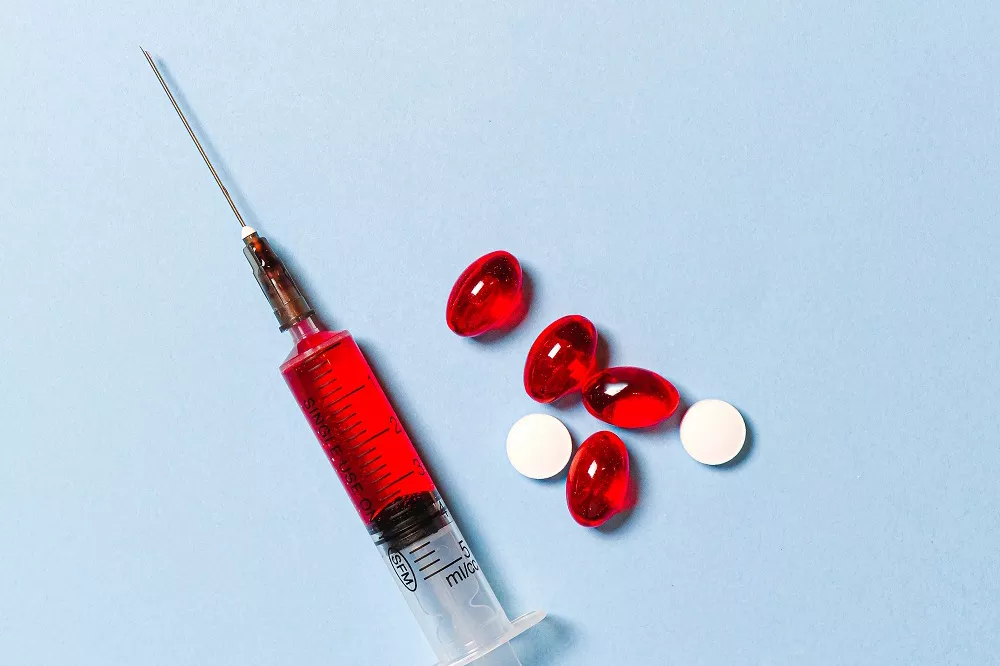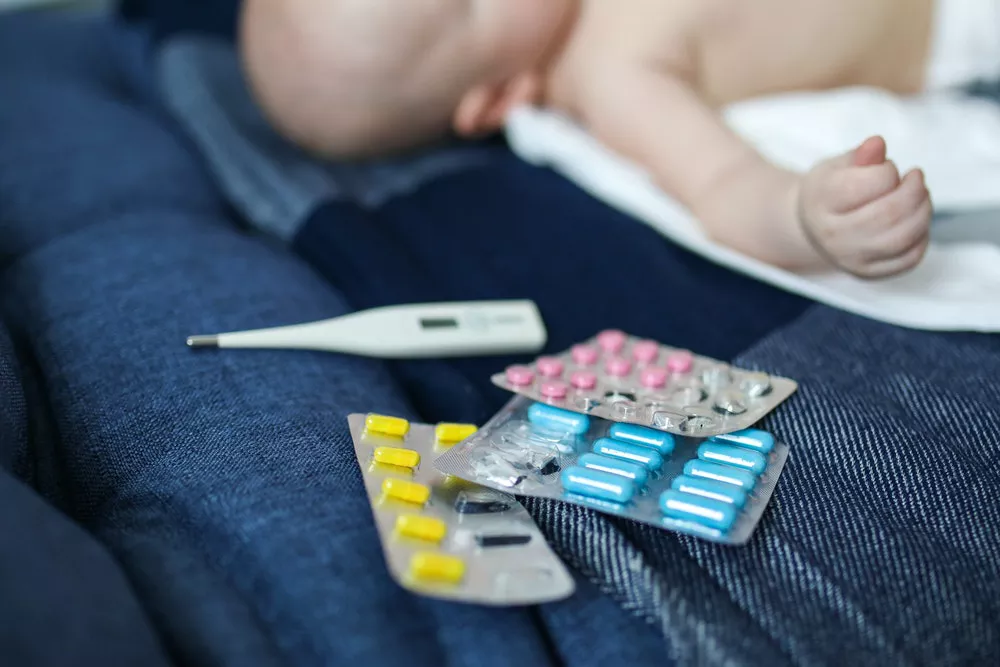Q: When a child has a fever, will the injection bring it down faster?
N: Not really.
As we all know, fever is a symptom and not a disease. If we don't consider the pathogenic factors of fever, just to defervesce, both medicine and injection all act as antipyretic drugs on human body thermoregulation center to alleviates fever.Only the way they are given and taken are different.
Oral drugs enter the mouth and then are absorbed through the intestines and stomach into the blood where they work,while injections are administered by intravenous drip or intravenous injection directly into the bloodstream to work, as well as intramuscular injection.
We don't need to worry about the incomplete absorption of injection since it is not absorbed through the gastrointestinal tract nor go through the metabolic destruction of the liver first, therefore it does have a faster onset of action and higher drug utilization.
But whether it is the World Health Group or the American Academy of Pediatrics fever guidelines, the recommendation for reducing fever in children is acetaminophen or ibuprofen rather than injection, and many countries do not have injectables, why is this?
First of all, we need to know that fever can not cause organ damage to the body except for making the child feel uncomfortable. The injection may work faster, however, with the drug entering the bloodstream directly without the body's inherent protective barrier, adverse reactions occur regularly and faster. Oral acetaminophen and ibuprofen can also both work within an hour, so there is no need to risk serious adverse drug reactions, such as Reye's syndrome, granulocytopenia, or bone marrow suppression of injection.
As for intravenous infusion, it is also not the preferred method to take of because of the risk of infusion reactions. Only in the case of severe bacterial infections, inability to eat and moderate to severe dehydration, intravenous should be used.
Second, the vast majority of fevers caused by viral infections have no specific antiviral drugs. The symptomatic treatment for viral infection is most commonly used,but intravenous infusion will not reduce fever or alleviate pain faster.Even more, the reaction of intravenous infusion may lead to fever. Another part of the fever caused by bacterial infection can be controlled by sensitive antibiotics to help reduce the fever.In terms of the antipyretic effect,infusion of antibiotics or glucose saline will not work faster than taking antipyretic drugs.
In summary, no matter what the disease caused by the fever, taking antiviral drugs, glucocorticoids, or vitamins are mostly indications of drug abuse.The first choice to reduce fever is oral antipyretics, if not,antipyretic suppositories are also available.There is no need for outpatient infusion, intravenous infusion will not be faster than taking antipyretic drugs to reduce fever, then injectable reduce fever faster but not safe.




